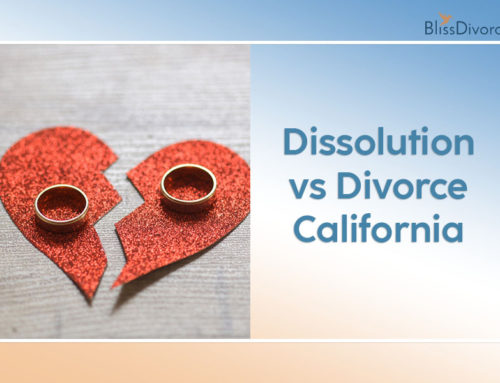The initial consultation is your opportunity to size up a prospective attorney. Once you have found a lawyer that seems like a good fit, how do you use that opportunity to evaluate them?
Is this attorney someone I can talk to?
Divorce can be an intimate matter. Unless you can share specific private details, your lawyer can’t give you their best legal advice. Divorce cases can sometimes go on for months or even years. How do they make you feel when you talk to them? Do you feel intimidated, or do they put you at ease? Do they grate on your nerves for some reason you can’t put your finger on? Do they inspire trust? A lawyer can be qualified, have an excellent track record, and a stellar reputation, but if you don’t feel comfortable with them, consider a different lawyer.
Does this lawyer listen to me?
Even if you feel comfortable talking to a particular lawyer, they may be more interested in lecturing than listening. A lawyer can be well informed about divorce law, the particulars of your jurisdiction, and how to navigate the local courts, but unless they are attentive to the details of your case, they won’t do a good job representing you. The only person who knows all of those details is you. Choose a lawyer who listens.

Source: shutterstock.com / Photo Contributor: Minerva Studio
What is this lawyer’s specialty?
Just like physicians, lawyers specialize. You wouldn’t see a foot doctor for nutrition advice. Even if a lawyer with a specialty other than divorce is willing to take your case, they’ll be lacking the experience that a dedicated divorce lawyer would bring to the table.
Cost
A lawyer should be upfront about fee structures. Do not be afraid to ask about the various fee options at the beginning of the process. Fees range in price depending on the attorney’s expertise and status in the legal community. Can you afford this lawyer, or should you find one that is less expensive?
What’s their plan?
Ask directly: “How will your firm handle my case?” Ask about legal strategies. Will they try to settle? Are arbitration and mediation options? Think about their answers. Are you comfortable with the approach they’re proposing? If there is a conflict of vision between the lawyer you are considering and the path you would prefer, a different lawyer may be a better fit.
*This article is for informational purposes only and is not intended to provide legal advice. If you require legal advice, please contact a licensed attorney in your local area.




